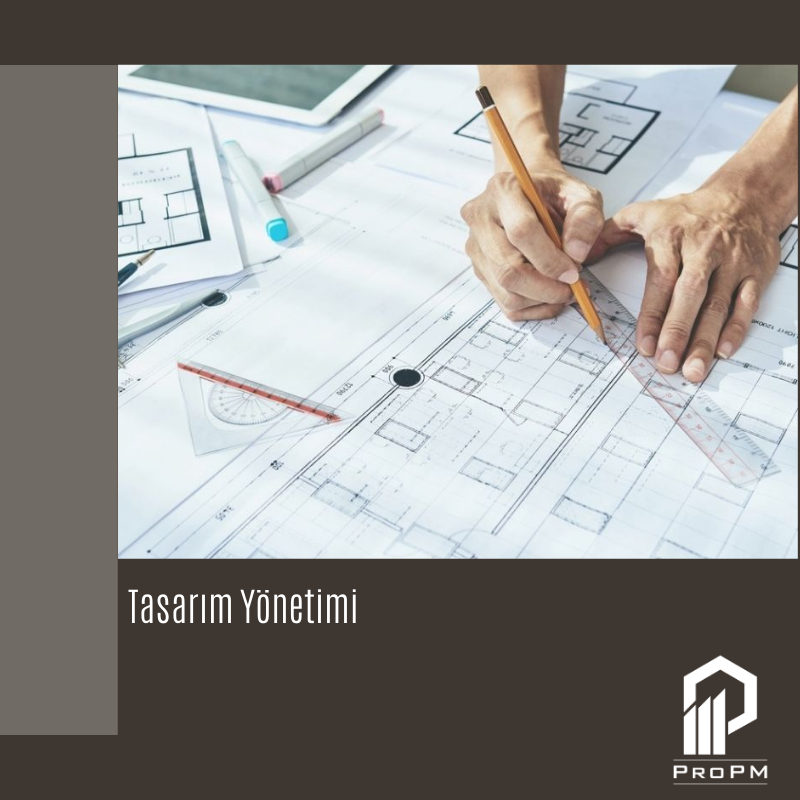What is the importance of design management?
Design management plays an important role in construction projects. Design management influences critical factors such as budget, timeline, and quality of the project, ensuring that a design is created that fits the project's goals and requirements.
Design management supports the decisions of the project manager and the construction management team during the design phase. In this process, proper coordination and control of the design across different disciplines ensures the successful completion of the construction project.
How is the design management process carried out?
The Design management process in Construction Project Management consists of the following steps:
1- Determination of project objectives: The purpose and requirements of the construction project are determined. At this stage, discussions are held with the project owner or client and the project's goals, needs, budget, timeline and other important factors are determined.
2- Creation of design teams: During the design phase, a team of architects, engineers and other design experts is formed. This team works together to develop appropriate design solutions in line with the goals and requirements of the project.
3- Planning the design phase: The beginning, end and other important stages of the design phase are determined. During the planning phase, the design team plans the design phase, taking into account the project's goals, timeline, budget, and other factors.
4- Coordination of design: Properly coordinating and controlling design across different disciplines is critical to the successful completion of the design phase. In this process, the design team coordinates appropriately between different disciplines such as architectural design, structural design, mechanical design and electrical design.
5- Examination of the design: During the design phase, the designs developed by the design team are examined and evaluated in line with the goals and requirements of the project. At this stage, the suitability of the design and whether it is in line with the objectives of the project are evaluated.
6- Approval of the design: When the design phase is completed, the design is approved by the project manager or the project owner. The approved design is re-examined and evaluated across all disciplines before proceeding to the construction phase.
The design management process is critical to the successful completion of construction projects. In this process, the design team is properly coordinated and controlled across disciplines.
BUDGET AND BUSINESS PROGRAM PLANNING MANAGEMENT
In this context, ProPM;
After the projects prepared by the designer (all drawings, calculations, discovery lists, specifications, etc.) are finalized with the demands of the employer, the approximate budget is presented to the employer.
It shapes the optimum period for the completion of the project as the Main Work Program and submits it to the Employer's approval. It checks the implementation status of this work program by the Contractor and makes the necessary warnings for the completion of the work within the optimum time limits.
It presents the cash flow projection to the Employer by calculating the approximate cost along with the work schedule.
PURCHASING PLANNING AND MANAGEMENT
In this context, ProPM;
It determines the purchasing priorities according to the approved work schedule.
Evaluates the purchase requests of the Employer and the Contractor and submits the necessary report on this matter to the Employer.
It creates the Strategic Procurement Program that includes the materials to be provided by the employer himself.

TENDER PREPARATIONS MANAGEMENT
In this context, ProPM;
Examines the tender documents prepared by the project authors. Makes necessary warnings.
It ensures the complete and complete preparation of the discovery lists, specifications, projects, which are the annexes of the tender package.
Provides support when requested to find a contractor.
The contractor examines the pre-qualification (financial and technical ability to do business) information. It presents its report on the Contractor candidates to the employer.
It presents the offers from the contractor candidates to the employer by making a comparison table and helps the employer in the selection of the contractor.




